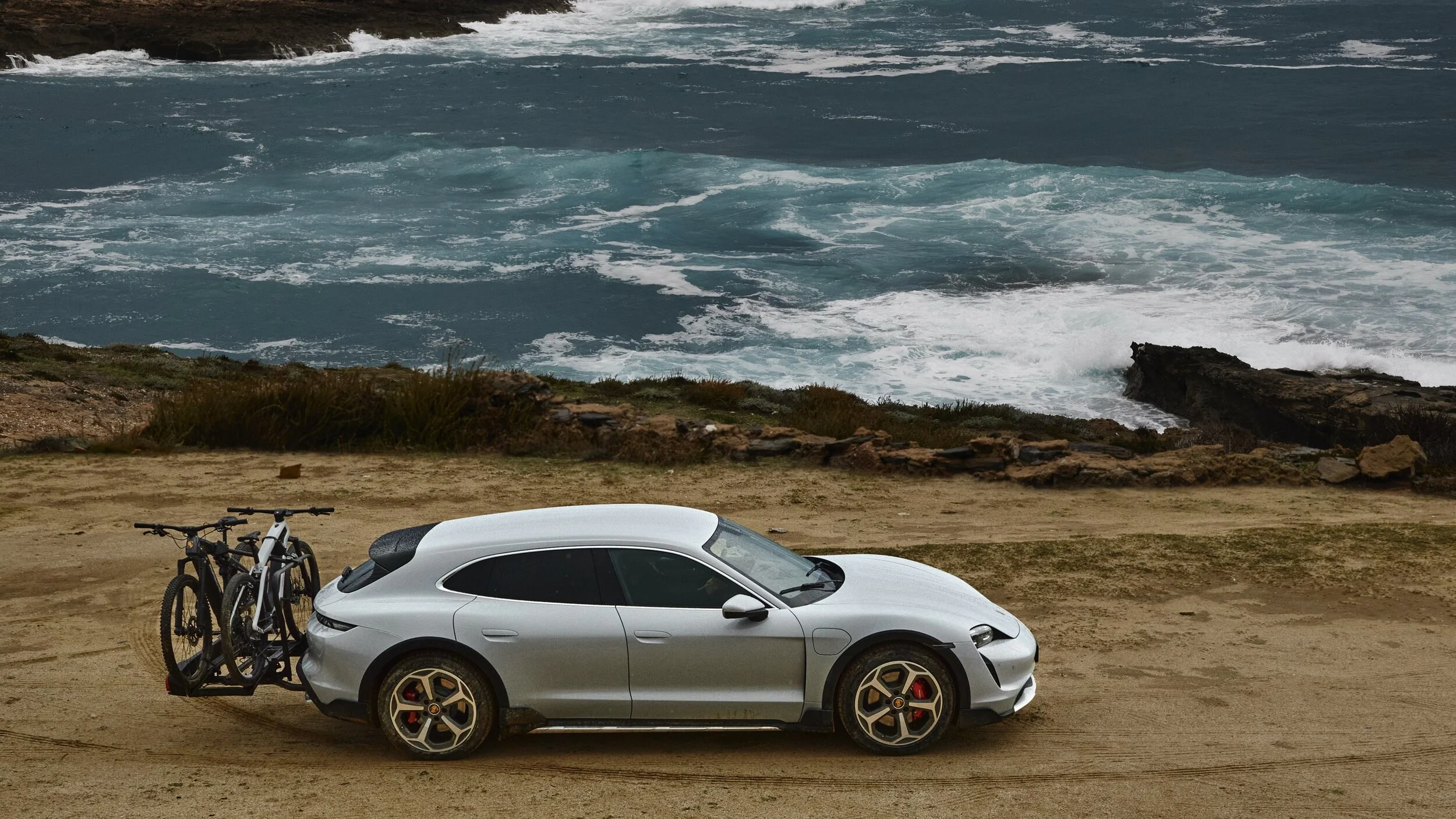Navigating rough seas – how Canoo could float to the top
By Phil Royle – May 17, 2021
Canoo, some might say, is adrift – and things could get worse. The company began its existence by teasing an ambiguously intriguing people pod that boasted “membership, not ownership,” and with its hip promos and buck-the-system attitude was on target to disrupt an EV industry full of disrupters. Then reality hit.
A partnership with Hyundai Group came and went, and then most recently Canoo’s Executive Chairman Tony Aquila was named CEO following the company’s previous CEO Ulrich Kranz being notably absent from an investor call. Other top brass left along the way, too.
Today, Canoo has promised production for its Lifestyle Vehicle (the jellybean-like van), Pickup Truck, and Multi Purpose Delivery Vehicle (and yes, those are the official names – at least right now), but those dates were given by naming years, not even quarters. Hardly specific. And that’s nothing new for Canoo.
With today’s announcement that its Lifestyle Vehicle will enter production “in 2022” with a target price between $34,750 and $49,950, few details were made available. What voltage will its EV architecture utilize? What features will customers be able to select for their Lifestyle Vehicle besides it being a passenger or delivery van when $100 preorders transition into real orders? We simply don’t know.
Canoo has been targeting the hip and trendy. But they have perhaps forgotten that these two might eventually have kids.
To be fair, Canoo has claimed some details. Canoo states its 80 kWh battery will offer a 250-mile range and DC fast charge to 80% in 28 minutes. It also has noted that its Lifestyle Vehicle will weigh at least 4,450 lbs, and if you have the nerve, its top speed will be 125 mph, hitting 60 mph in 6.3 seconds for the single-motor version. But given the company’s history, I’d mark all of those as aspirational benchmarks rather than facts you can take to the bank.
Canoo’s press release today regarding its production target “dates” was entitled “Promises Kept.” It’s not hard to keep promises when details are sparce. So why the announcement today, specifically? There are two very good reasons.
First, with all of the recent uncertainty coming from the company, Canoo is undoubtedly attempting to stave off potentially damaging reports from short-sellers. After all, short-seller Hindenburg Research all but took down Nikola Motor Company and have sent Lordstown Motors scrambling.
Second – and most importantly – the executives at Canoo are trying to keep their ship’s aim true for investors, since the company released its first quarter financial results mere hours after its “Promises Kept” release hit the internet.
Canoo’s 2021 Q1 financial report filled in some production gaps left from the day’s earlier press release. For instance, while the announcement earlier in the day claimed the Lifestyle Vehicle would be released in 2022, the financial report noted Canoo is hoping to “ramp to 15,000 units in 2023,” meaning the company will either start production very late in 2022, or production will be a bit of a slog early on.
To resolve that concern, Canoo stated this:
“We are in the gamma phase – which is critical to deliver the highest safety standards, reduce the chance of costly recalls and increase customer satisfaction – all of which will enhance our long-term return on capital. Lastly, in order to expand our technological lead, we entered into our first research partnership with UW-Madison to catalyze our groundbreaking advances in electric vehicles – and accelerate our innovation and IP development.”
Sorting through financial statements is laborious. But the numbers that stick out are that on Dec. 31, 2020, Canoo had $702 million in cash and cash equivalents, with that number falling $20 million to roughly $642 million on March 31, 2021.
Also, expenditures are expected to increase during Q2 this year. In Q1 2021, cash used in operating activities totaled $53.9 million, up from $23.7 million in 2020’s Q1. Give or take, 2021’s Q2 should see that rise to $65 million or more. Meanwhile, capital expenditures went from $700,000 in 2020 Q1 to $12.1 million in 2021 Q1. Budget for Q2 2021 is $45-55 million.
None of this is shocking given that Canoo has no product to sell yet, and at the same time is apparently ramping up for production.
The $642 million question becomes: Will anybody buy Canoo’s Lifestyle Vehicle when it does come out?
I believe Canoo’s Lifestyle Vehicle is an excellent first step for the company, but to hit the target squarely, Canoo needs to deliver the least disrupting of disrupter vehicles possible: a minivan.
Canoo claims a passenger capacity of 5-7 people in its Lifestyle Vehicle with its unique wrap-around rear-seat design. With some finagling, a three-row family-friendly configuration would undoubtedly be possible – and popular.
Canoo has long claimed its Lifestyle Vehicle will be capable of seating five to seven people, yet not a single diagram or image the company has released has showcased one that would sell like hotcakes: a three-row, seven-seater.
No EV currently on the market conveniently seats a family of seven – the gold standard in the suburbs. That market should become Canoo’s North Star on its journey through the sea of EVs due to flood the market in the coming years. Canoo could be the first to disrupt the family van market, and it would be a huge win for investors, the company, and – most importantly – consumers.
(Images courtesy Canoo)
- Podcast - Facebook - Google News - Twitter -









